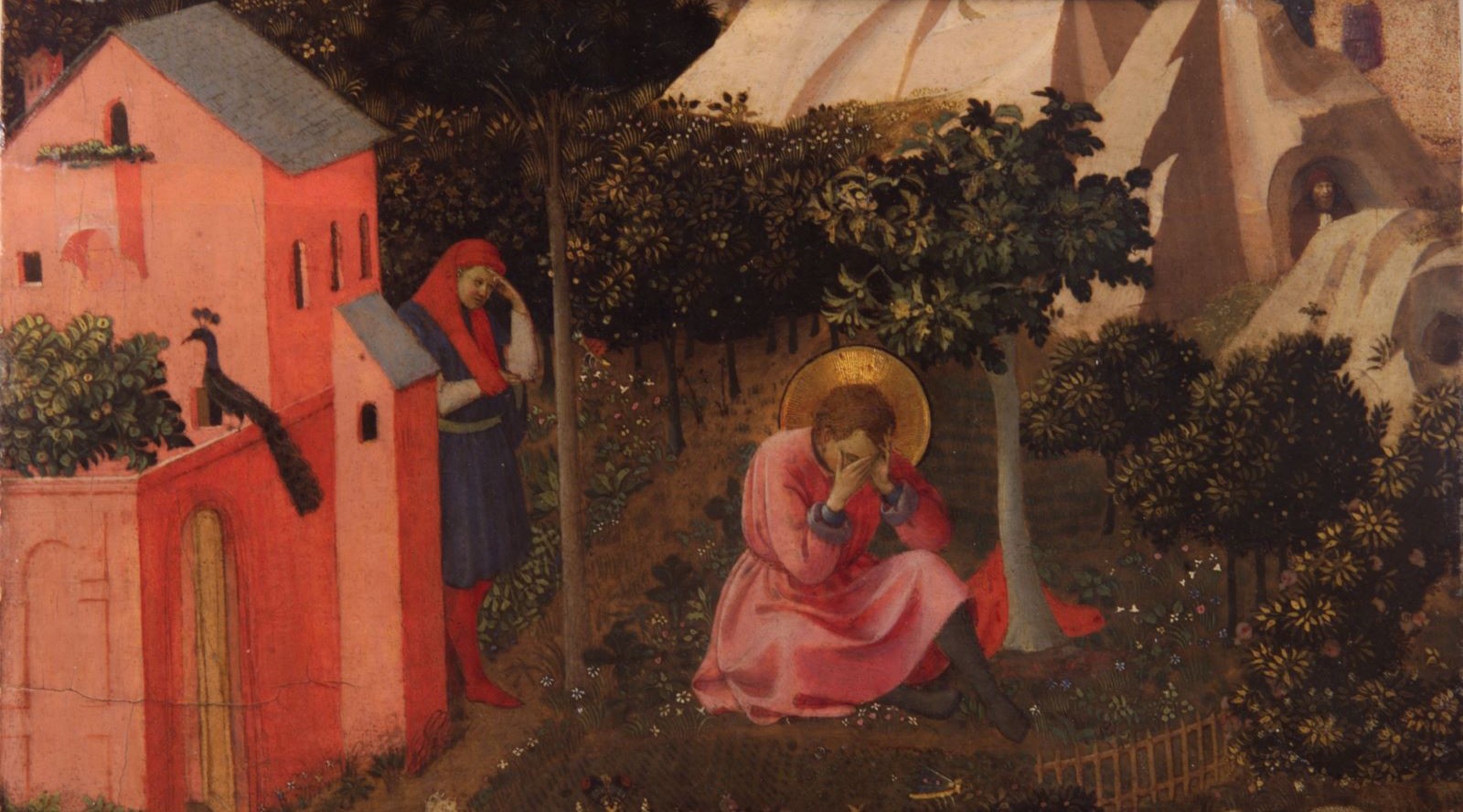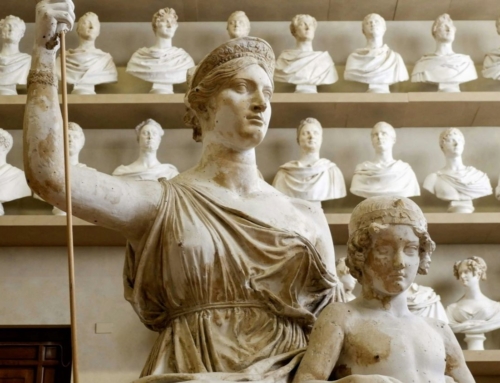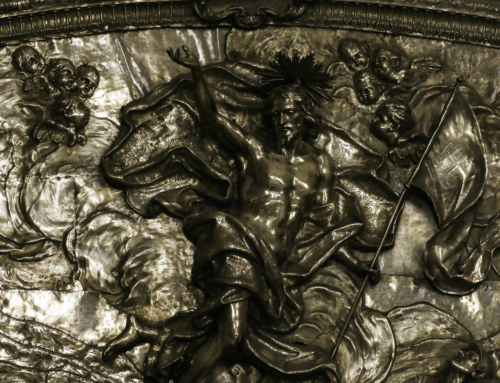Jesus Christ teaches that we totally rely on his grace to possess friendship with him, to resist temptation, and to perform good works. Our Lord taught this to his Apostles the evening before he courageously suffered his Passion and purchased that grace for us:
As the branch cannot bear fruit by itself, unless it abides in the vine, neither can you, unless you abide in me. I am the vine, you are the branches. He who abides in me, and I in him, he it is that bears much fruit, for apart from me you can do nothing. (John 15:4-5)
We all have advice we wish we could give to our past self. This is the principal one for me. Apart from me you can do nothing. If only I could go back ten years and instill in myself this profound spiritual truth—when we rely on our own natural powers in the spiritual life, we are as lifeless as a branch severed from its vine. All of the exhortations I heard at Mass to ‘trust in God’ and ‘let him help you’ went in one ear and out the other. They never hit me as profound truths; instead I thought of them as pious platitudes. I tried and failed to grow in sanctity by my own will without asking the omnipotent God who called me to be his son for help. He would have lavished his grace upon me if I had humbly asked.
Though I wish I knew this truth sooner, God, in his providence, taught it to me at a most opportune time. When I was a freshman theology student, I was first exposed to the writings of Saint Augustine, the “Doctor of Grace.” Augustine recounts his winding journey to God in his Confessions, a perennial story of a soul that strayed far before coming to redemption. Augustine, one of the most intelligent and cultured men of his day, knew from experience how powerless he was to be righteous before he finally learned to rely on God’s grace.
There was a contemporary of Augustine named Pelagius who became infamous for his errors on human nature. Pelagius thought that without any extra help we could follow God’s commandments and be saved. Anyone who has faced their own weakness in the spiritual life, and who lament with Saint Paul, “I do not do the good I want, but the evil I do not want is what I do” (Rom 7:19), knows how wrong Pelagius was. St. Augustine certainly knew it from experience, and so he knew how many souls could be lost if they tried in vain to live well by their own powers and eventually despaired of their salvation.
Reading St. Augustine’s works made me realize that God isn’t a bystander waiting from afar for us to fulfill his commands; He is supernaturally present in our souls. He loves us and wants to save us so that we may be eternally his. He wants us to trust in his power to help us advance towards salvation. So, only when I began to pray to him for the good I desired to become did I begin to change. When I faced temptation I threw myself on my knees and prayed the beginning of Psalm 91: “He who dwells in the shelter of the Most High and abides in the shade of the Almighty says to the Lord: ‘My refuge, my stronghold, my God in whom I trust!’” Praying like this and trusting in God rather than in myself helped me to grow faster in the spiritual life than I had in my whole life prior to then.
Knowledge of God’s grace should move us to be humble, because we know how little we are without God, and to be grateful, because we realize how generous God is. In every good thing we do we must proclaim, “Not to us, Lord, not to us, but to your name give the glory . . . lest the heathen say: ‘Where is their God?’” (Ps 115:1-2). I must give thanks to God for the many gifts of grace He has given me, especially his call to be a Dominican friar.
✠
Image: Fra Angelico, The Conversion of St. Augustine







